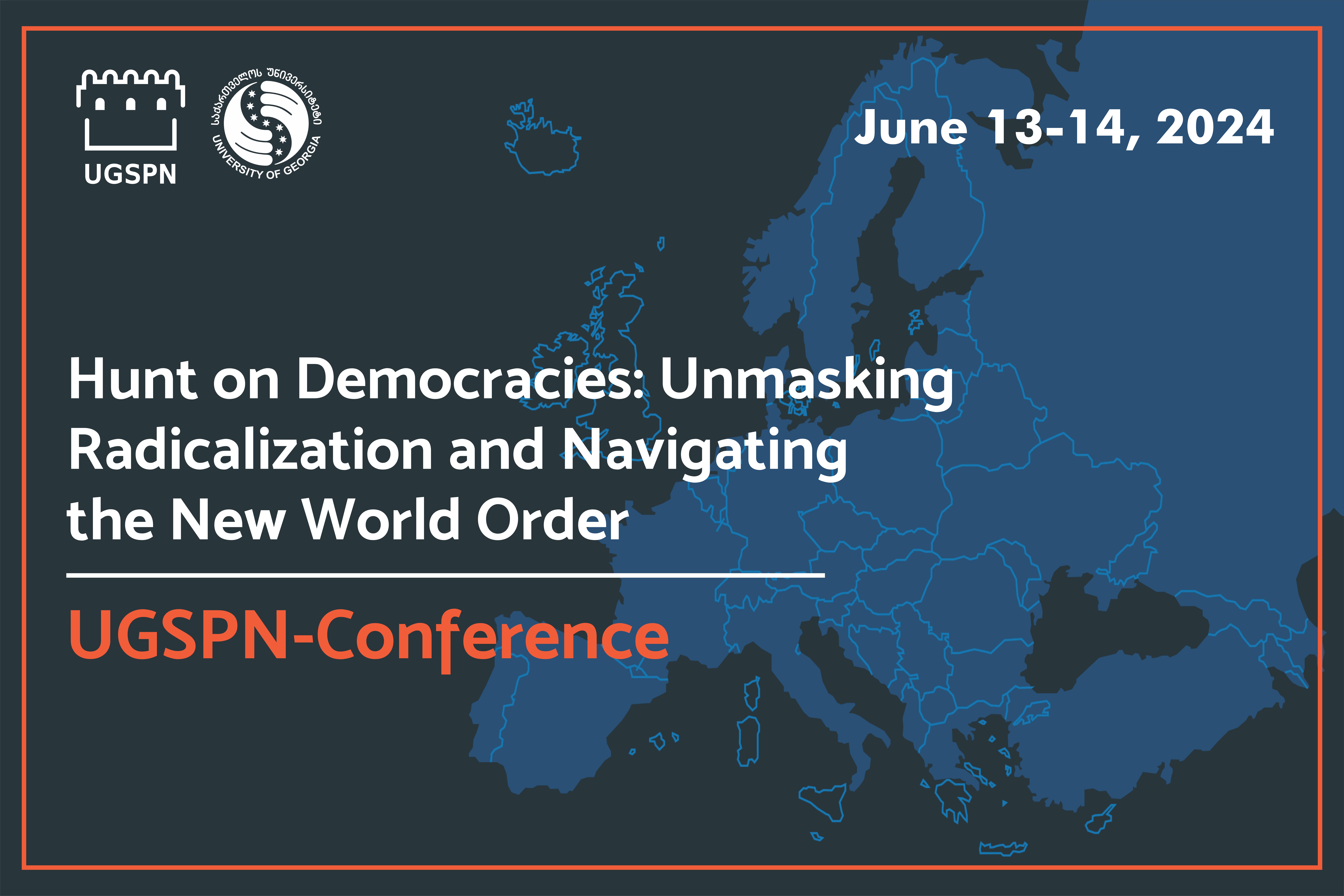
Please follow the link for the preliminary registration


Please follow the link for the preliminary registration


June 13-14, 2024
The year 2024 promises to be full of tectonic geopolitical changes and paradigmatic overturns in understanding the general fabric of politics (local, national, or global). With the upcoming eighty-three national elections in seventy-eight states, 2024 is marked to be a monumental year not only for “testing democracies” but also for scrutinizing the “new normalcy” in global politics. Met with the nearly unprecedented representation of the radical powers and ideas, political scientists and decision-makers, among others, are now to be particularly observant of the novel challenges to the democratic standards globally as they are reinterpreted and misappropriated by the authoritarian and illiberal powers worldwide. Societies, states, and institutions will bear the effects of these changes that are mainly linked to the rise of global authoritarianism and its claim of all-encompassing dominance.
Elections in the US and Europe, Ukraine’s fight for national survival against the Kremlin’s armies, and the quest for future integrational strategies in the South Caucasus and the wider Black Sea region beg for proper analysis and policy suggestions. The forthcoming conference promises a nuanced exploration of global dynamics, addressing challenges faced by democracies amidst evolving global political and youth radicalization trends. Participants will engage in insightful discussions on the intricate interplay between authoritarian and democratic forces within the shifting landscape of the New World Order. The discourse will extend to opportunities and challenges associated with European enlargement. A dedicated segment will provide a timely update on security matters, particularly focusing on developments in the Black Sea region as well as that of the Russian invasion in Ukraine. The conference also seeks to explore the intricate interplay between global political dynamics and the electoral landscape in Georgia. The final roundtable brings together political decision-makers to engage in a dynamic discourse on the impact of global rivalries on Georgia’s upcoming elections.
Please note. that the number of guests for the conference is strictly limited. Attendance is only possible for individuals who have successfully registered and received a confirmation of their registration.
You can view conference pictures on our FB page.
Do not miss topics that interest you, check out the agenda and register.

Panel I – Security Update: Russia and the Black Sea Region Two Years After the Ukraine War
This panel will provide a comprehensive update on the security landscape in the Black Sea region, with a particular focus on the ongoing conflict in Ukraine. Experts will evaluate the strategic shifts, military developments, and geopolitical consequences of the war. The discussion will also cover regional security initiatives and the role of international actors in promoting stability.
Radicalization Research Presentation & Panel Discussion – Challenges to Democracy: Unraveling Global Trends in Radicalization
Research Presentation:
Nino Gozalishvili will present results of the extensive research conducted by the Security, Policy & Nationalism Research Center (UGSPN) unveiling the tendencies of radicalization amongst the Georgian young adults. Drawing on first-hand qualitative data, the study offers insights into the motivational factors influencing youth, mechanisms of (self-)recruitment and mobilization, and provides best international practices alongside tailored recommendations for de-radicalization.
Challenges to Democracy: Unraveling Global Trends in Radicalization:
This panel will focus on the rising trends of radicalization within Western democracies and Eastern European countries like Georgia, analyzing how these movements threaten democratic norms and influence electoral outcomes worldwide. We will explore the factors driving radicalization among youth, including their motivations and the recruitment strategies employed by radical groups. Special emphasis will be placed on the role of media communications online, which have facilitated the spread of radical right ideologies. The discussion will be particularly relevant given the 2024 electoral landscape, marked by a significant number of national elections and the increasing presence of radical right-wing parties. By examining these issues, the panel aims to provide a comprehensive understanding of how radicalization impacts democratic processes and what this means for future political stability globally.
Panel III – Unlocking Opportunities for All: European Enlargement and Expanding Horizons
Exploring the prospects and challenges of European enlargement, this panel will analyze the political, economic, and social implications for both current and potential member states. Participants will discuss the integration processes, policy frameworks, and the broader impact of European Union expansion on regional stability and development.
Panel IV – Global Electoral Dynamics: Navigating the Interplay Between Authoritarian and Democratic Forces in the New World Order
Keynote Speaker – João Gomes Cravinho – Former Minister of Foreign Affairs of Portugal
Panel Discussion: In this election super-year of 2024, marked by eighty-three national elections in seventy-eight states, this panel will explore the global rise of populism, nationalism, and authoritarian policies. Participants will analyze how these trends are reshaping electoral landscapes worldwide, challenging democratic norms, and influencing governance. The discussion will focus on the interplay between authoritarian and democratic forces, examining the strategies used by authoritarian regimes to impact elections and the measures democracies can adopt to counter these influences and protect electoral integrity.
Round Table Discussion: Georgian Politics, Risks, Perceptions and Reality
This roundtable will bring together political decision-makers to discuss the implications of global rivalries on Georgia’s electoral landscape. The conversation will highlight how international political dynamics shape local elections, the challenges faced by Georgian democracy, and potential policy responses to ensure free and fair electoral processes amidst external pressures.